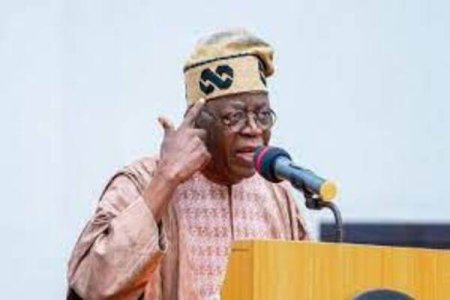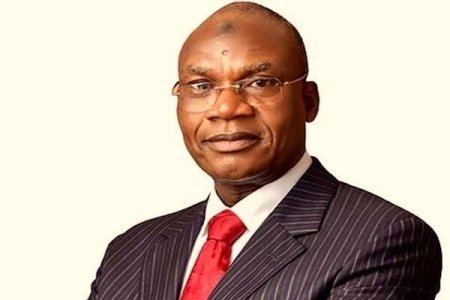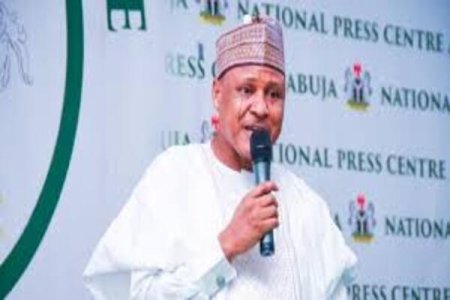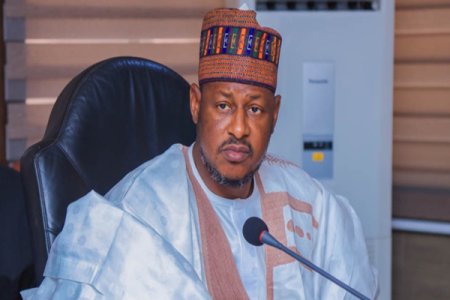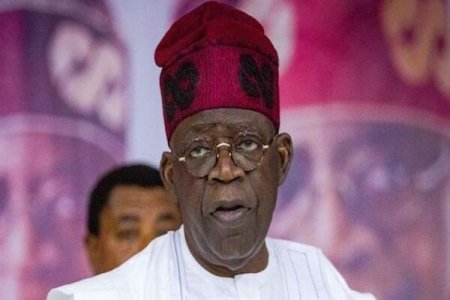
President Bola Tinubu's sons, Seyi and Yinka, are set to accompany their father on a state visit to Doha, Qatar, scheduled for March 2 and 3, 2024. This announcement comes amidst heightened national attention on governmental spending and accountability.
President Bola Tinubu's forthcoming diplomatic voyage to Qatar has sparked widespread interest, particularly due to the inclusion of his sons, Seyi and Yinka Tinubu, in the official delegation. The trip, slated for March 2 and 3, 2024, has garnered significant attention amid ongoing socio-economic challenges and public discontent in Nigeria.
The delegation comprises a diverse array of political figures, diplomats, and business leaders, split into two batches. Notable members include Borno State Governor, Prof. Babagana Zulum, and Kaduna State Governor, Uba Sani, among others, reflecting the government's concerted effort to strengthen diplomatic ties and explore economic opportunities in Qatar.
The state visit to Qatar is multifaceted, aiming to foster diplomatic relations, facilitate trade partnerships, and explore investment opportunities between Nigeria and Qatar. As Nigeria seeks to navigate economic challenges and enhance its global standing, engagements with strategic partners like Qatar assume paramount importance.
The inclusion of Seyi and Yinka Tinubu in the delegation has sparked controversy, given recent scrutiny of governmental spending and accountability. Seyi Tinubu's past utilization of a presidential jet for private purposes, notably to attend a polo tournament in Kano, has drawn public criticism and renewed scrutiny of elite privilege in Nigeria.
The public response to the Tinubu sons' participation in the state visit has been mixed, with many Nigerians expressing concern over the perceived misuse of governmental resources amidst widespread economic hardship. Social media users and activists have highlighted issues of accountability and ethical governance, questioning the priorities of the political elite.
Recent revelations by Nigeria's Minister of Finance, Wale Edun, regarding economic disparities and the government's reform agenda have further fueled public discontent. While the government aims to address economic imbalances and promote inclusive growth, revelations of extravagant spending by political elites have intensified calls for transparency and accountability.
As President Bola Tinubu prepares to embark on a diplomatic mission to Qatar alongside his sons and a high-level delegation, the journey underscores the complexities and challenges facing Nigeria's leadership amidst public scrutiny and socio-economic upheaval. As citizens demand accountability and equitable governance, the state visit serves as a critical juncture for reflection and dialogue on the nation's trajectory.


